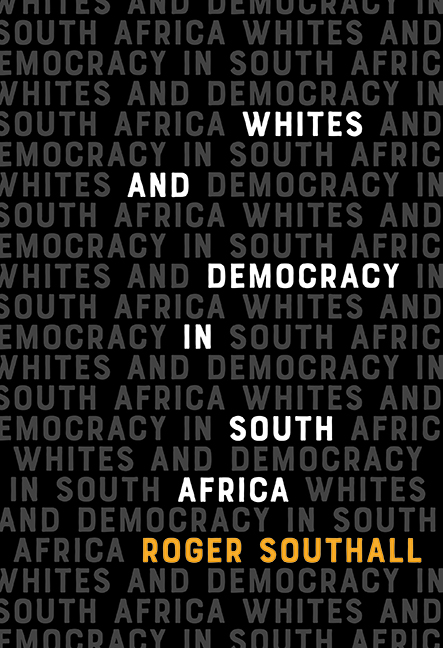Summary
Under apartheid, it was only whites who enjoyed the full benefits of citizenship. After 1994, the legal and political rights that full citizenship implies now belonged to all South Africans. By virtue of history, whites retained extensive social and economic privilege, but having lost their monopoly of political power, their hold on that privilege was potentially endangered. Many would have looked to their north, to Zimbabwe, where after an initial post-independence decade of relative prosperity and political calm, the economy had gone into a long spiral of crisis and decline, the politics had become increasingly repressive and the overwhelming majority of the white population had packed their bags and fled. Or could it, would it, be different in South Africa? Much would depend on how whites chose to exercise their citizenship.
Present thinking about citizenship draws heavily upon the work of T.H. Marshall, who proffered a notion of universal citizenship based upon a steady expansion of individual rights which had accompanied the rise of capitalism in England. Civil rights, the classic liberties of freedoms of speech, association, ownership of property and access to justice were largely established in the eighteenth century; political rights, the right to vote and to participate fully in the body politic, had followed in the nineteenth century; and social rights, the rights to a modicum of economic welfare and security, ‘and to live the life of a civilised being according to the standards prevailing in the society’ in the twentieth century. Together, this bundle of civic, political and social rights comprised a conception of modern citizenship which provided a normative ideal that promised to do battle with the inequalities of social class.
Marshall, who was writing in the wake of the Second World War, has been criticized for portraying the historical development of citizenship in England as universal. Europe alone offers different patterns of development, and there has been a major rolling back of social rights globally under neo-liberal governance. Nonetheless, Marshall's tripartite distinction of the rights composing citizen-ship remains valuable, and, in an updated form, they provide a useful guide to thinking about whites as citizens.
- Type
- Chapter
- Information
- Whites and Democracy in South Africa , pp. 205 - 228Publisher: Boydell & BrewerPrint publication year: 2022

